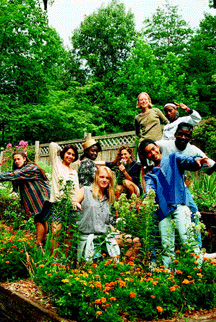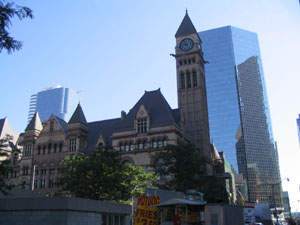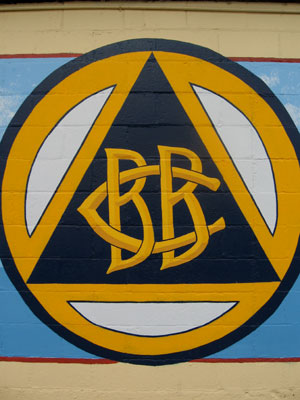Heaven knows that in these times full of cultural misunderstandings and conflict, we need people and organizations that build bridges between people of different cultures and backgrounds. One of these organizations is a Virginia-based NGO called “Legacy International” which is active in 4 main areas:
– Democracy and Civic Education
– Peacebuilding and Conflict Resolution
– Leadership Development, and
– Community and Regional Development
Legacy has completed projects and exchanges in these fields with countries as diverse as Kazahkstan, Azerbaijan, Russia, Ukraine, Belarus, Uzbekistan, Kyrgyzstan, Ukraine, and Jordan, many of which have significant Muslim populations. Current projects include leadership and cultural exhcange programs in Indonesia, Kazakhstan, Bosnia and Herzegovina.
Global Youth Village is Legacy’s longest-running program where young people from all over the world live in a global village that they cooperatively maintain and help to govern. Along they way they learn about the fundamentals of democratic process, community organization and leadership. Over almost 30 years, more than 2000 young people from 95 countries have taken part in this unique summer training program.
Mary Helmig from Legacy International took the time to tell me more about this interesting organization:
What type of organization is Legacy International and what is its mission?
Legacy International creates learning environments where people can address community, global, and/or personal needs while developing skills and effective responses to change. Areas include cross-cultural and cross-sectoral competency, dialogue and conflict resolution, community development, youth education, and professional and NGO development.

Founded in 1979, Legacy is affiliated with the United Nations Department of Public Information as a Non-Governmental Organization, and listed with U.S.A.I.D. as a private voluntary organization (PVO).
We believe that access to a constructive, peaceful life is a fundamental human right. Yet, since conflict is also widespread in human society, conflict prevention / reduction is an essential endeavor in all parts of the world. Without it, there can be neither democratization, nor development, nor poverty reduction.
So for 27 years, we have worked on international projects, bringing universal democratic values and team-building tools to address local, regional and global needs. Legacy’s programs have focused on developing the leadership, skills, and relationships needed to resolve and prevent conflicts. Our programs have equipped thousands of citizens worldwide to emerge as solution providers-helping to set in place building blocks for sustainable, inclusive societies.
Please talk about its history, who founded it?
Legacy International was founded in 1979 by J.E. Rash. J.E. Rash a lecturer, writer, and consultant in education, dialogue, conflict resolution, and the application of values-based, spiritual perspectives to contemporary issues. As the founder of Legacy International, he has been instrumental in creating domestic and international programs in conflict resolution and peace education, professional and NGO development, youth education, community development, cross-cultural and cross-sectoral competency.

.
J.E. Rash has periodically gathered experts, policy makers and religious leaders to discuss current critical issues of development. Events have included the Global Viewpoints Forum in Washington, DC (including presentations by experts and policy makers in the fields of development, environment, and the Middle East conflict), the Dialogue Workshop for oil companies and environmental activists, the Middle East Environment and Development Professionals Visitor Program, Leadership Development Initiative (designing curriculum and trainings in citizen participation for schools of the Archdiocese of New York City), Community Connections (a USIA initiative providing internships for Russian, Ukrainian, and Bela¬rusian professionals), the Virginia Growth Management Forum, and a wide range of dialogue programs bringing together youths and adults from regions and countries in conflict. In 1987, he received the Friends of the United Nations Environment Pro¬gramme 500 Award for outstanding contributions to the environment..
He also contributed a chapter in Democracy and Religion: Free Exercise and Diverse Visions, edited by David Odell-Scott (Kent State University Press, 2004) which was recently declared an Outstanding Academic Title 2005 by the Journal Choice: Current Reviews for Academic Libraries (January 2006.)





